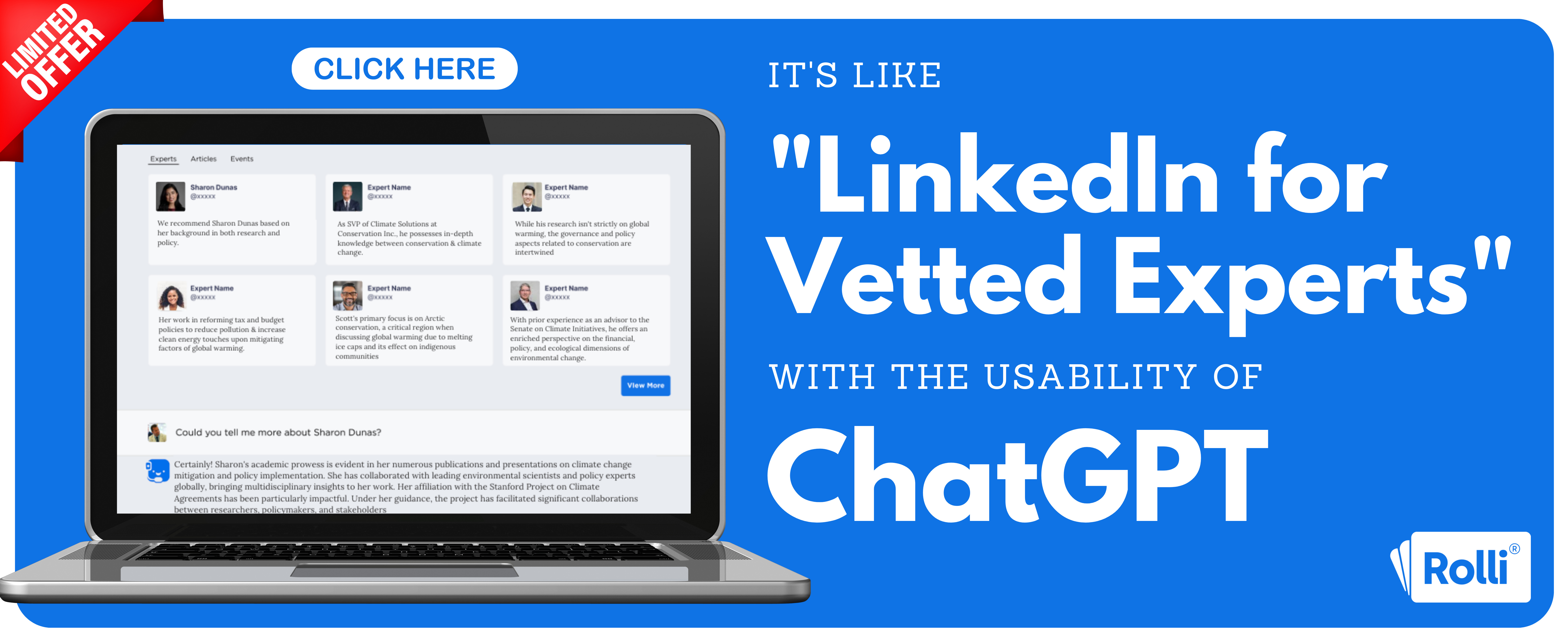OpenAI unveils ChatGPT Edu for universities
OpenAI has introduced ChatGPT Edu, a specialized version of ChatGPT tailored for AI integration in universities. According to OpenAI, ChatGPT Edu enables the responsible deployment of AI for students, faculty, researchers, and campus operations.
Features of ChatGPT Edu
Powered by GPT-4o, ChatGPT Edu boasts the capability to process text and visual data while leveraging advanced tools like data analysis. This educational version ensures enterprise-level security measures and affordability, making it accessible for academic institutions.
Success Stories
OpenAI has reported successful utilization of ChatGPT Enterprise in renowned universities such as the University of Oxford, Wharton School of the University of Pennsylvania, University of Texas at Austin, Arizona State University, and Columbia University.
Key Benefits for Users
Users of ChatGPT Edu can anticipate access to GPT-4o, OpenAI's flagship model renowned for text interpretation, coding, and mathematical operations. Additionally, users can utilize advanced functionalities like data analytics, web browsing, and document summarization. The platform also supports the creation of customized GPTs and ChatGPT versions shareable within university ecosystems.

Application Across Stakeholders
ChatGPT Edu is not limited to educators but extends its benefits to all staff members and students. Students can leverage the platform for curriculum review and in-depth learning, while researchers can streamline grant application processes. Furthermore, faculty members can utilize it for grading assignments and providing feedback.
OpenAI for Non-Profits
In addition to the launch of ChatGPT Edu, OpenAI has introduced initiatives to enhance accessibility to ChatGPT Teams and ChatGPT Enterprise for non-profit organizations. By leveraging AI technology, non-profits can amplify productivity and enhance community services while overcoming operational constraints.

Global Impact
OpenAI highlighted examples of non-profits worldwide leveraging its technology for various applications. For instance, Serenas in Brazil uses ChatGPT for grant proposal drafting, while THINK South Africa utilizes it for health data analysis. These initiatives aim to empower non-profits to achieve greater social impact efficiently.
OpenAI, originally established as a non-profit AI research firm in 2015, continues to drive innovation in AI technology and its ethical deployment across diverse sectors.




















